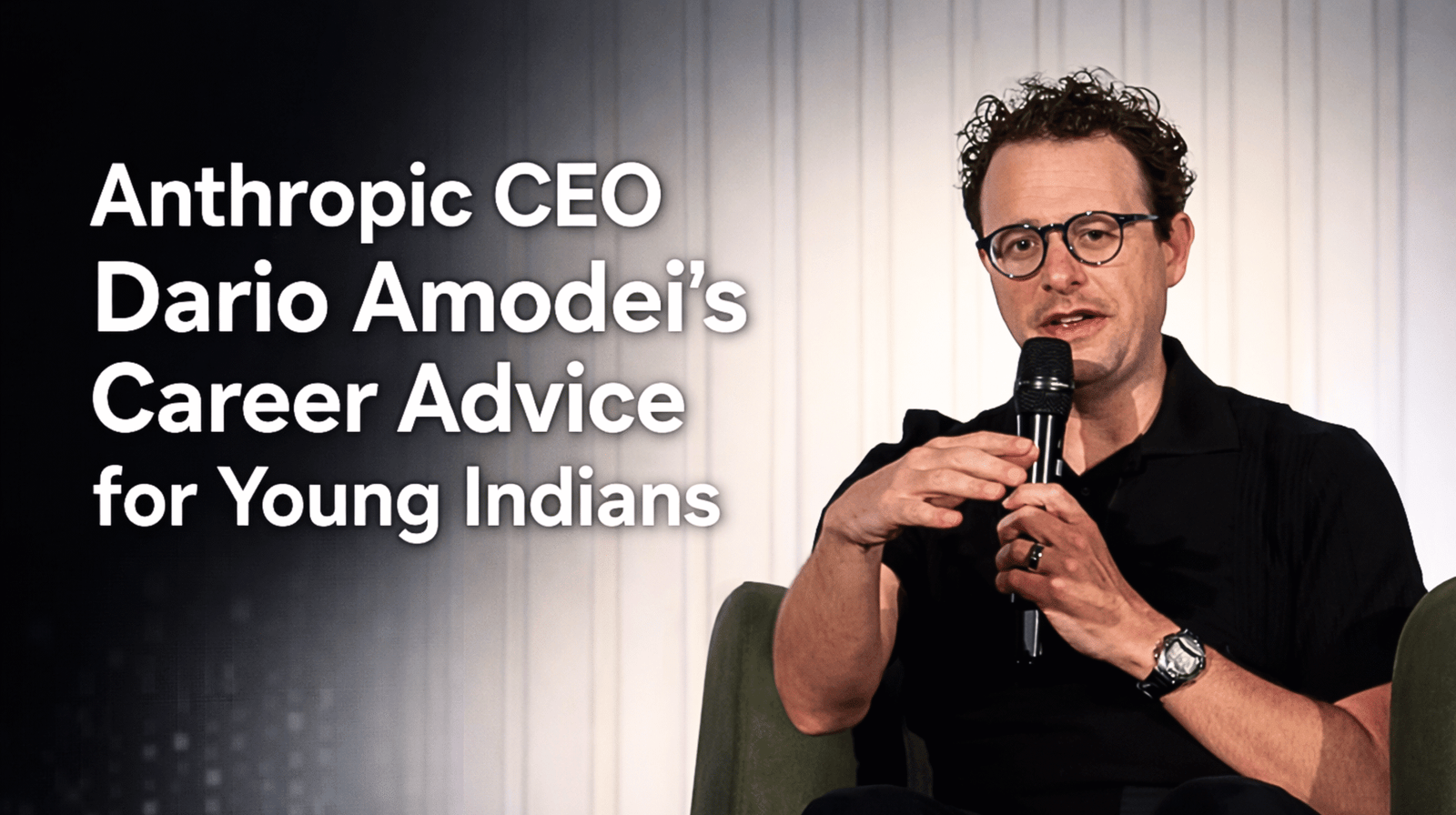Stepping into the world of forensic science? Your CV could be your ticket to an exciting career in crime labs, investigative units, or research institutions. In this specialized and detail-oriented field, a well-written curriculum vitae (CV) isn’t just a formality — it’s your first chance to prove your precision, analytical mind, and readiness for real-world forensic challenges.
🧠 Why Your CV Matters in Forensic Careers
Forensic science roles require much more than academic knowledge. Employers and recruiters look for candidates who bring:
- Strong scientific and technical skills
- Experience handling evidence or working in labs
- A sharp eye for detail and data interpretation
- Effective communication and teamwork abilities
Your CV is the tool to demonstrate all of the above, giving employers a snapshot of your qualifications and potential to contribute to high-stakes environments.
🧩 Key Elements of an Effective Forensic Science CV
1. Contact Information
Begin with your full name, phone number, professional email, and LinkedIn profile. Make sure it’s error-free and easy to find.
2. Professional Summary
Write 2–3 concise sentences summarizing your academic background, relevant skills, and forensic career goals.
Example:
“Detail-oriented forensic science graduate with extensive lab experience in trace evidence analysis and DNA profiling. Eager to apply investigative skills in a crime lab setting to support justice and scientific integrity.”
3. Education Background
Include:
- Degree(s) with major (e.g., BSc in Forensic Science)
- University name and expected/completion year
- Honors, GPA, or relevant coursework (e.g., Forensic Toxicology, Evidence Analysis, Criminalistics)
4. Technical & Laboratory Skills
Emphasize hands-on skills with lab equipment and software:
- DNA extraction, PCR, gel electrophoresis
- GC-MS and FTIR analysis
- Microscopy, serology
- Chain-of-custody protocols
- Software: SPSS, Excel, forensic database tools
5. Internships or Work Experience
Even part-time or volunteer experience counts — highlight roles where you applied forensic or analytical skills.
Example:
Intern, State Forensics Lab – Summer 2024
- Assisted with sample documentation and analysis
- Observed evidence handling during mock investigations
- Prepared lab reports under supervision
6. Academic Projects & Research
Include any research papers, capstone projects, or dissertations:
- Title of project
- Research methods used
- Key findings or practical applications
7. Certifications & Courses
Include relevant credentials such as:
- Crime Scene Management Certification
- Lab Safety & Hazard Training
- First Aid or HAZMAT Awareness
8. Soft Skills
Employers also value behavioral and interpersonal strengths:
- Analytical thinking
- Accuracy under pressure
- Report writing and documentation
- Ethical decision-making
- Collaboration in team environments
9. References
List them or note: “Available upon request.”
📋 Tips for Creating a High-Impact Forensic Science CV
✅ Customize for Each Role – Highlight experiences and skills relevant to each application.
✅ Use Clear, Action-Based Language – Use verbs like examined, prepared, recorded, evaluated.
✅ Keep it Professional and Polished – Stick to 1–2 pages, clean formatting, and consistent fonts.
✅ Focus on Relevance – Remove unrelated jobs unless they demonstrate transferable skills (e.g., teamwork, communication).
✅ Be Accurate – Forensic work values honesty — never exaggerate or misstate your qualifications.
🌐 Resources to Help You Build Your CV
- Prospects.ac.uk – CV Tips for Science Graduates
- AAFS – American Academy of Forensic Sciences
- The Chartered Society of Forensic Sciences
- National Careers Service – CV Guidance
- New Scientist Jobs – Science CV Tips
⚠️ Disclaimer
This article is intended for informational use only. CV formats and requirements may vary by employer, country, and role. For personalized feedback, consult a career counselor or faculty advisor.









